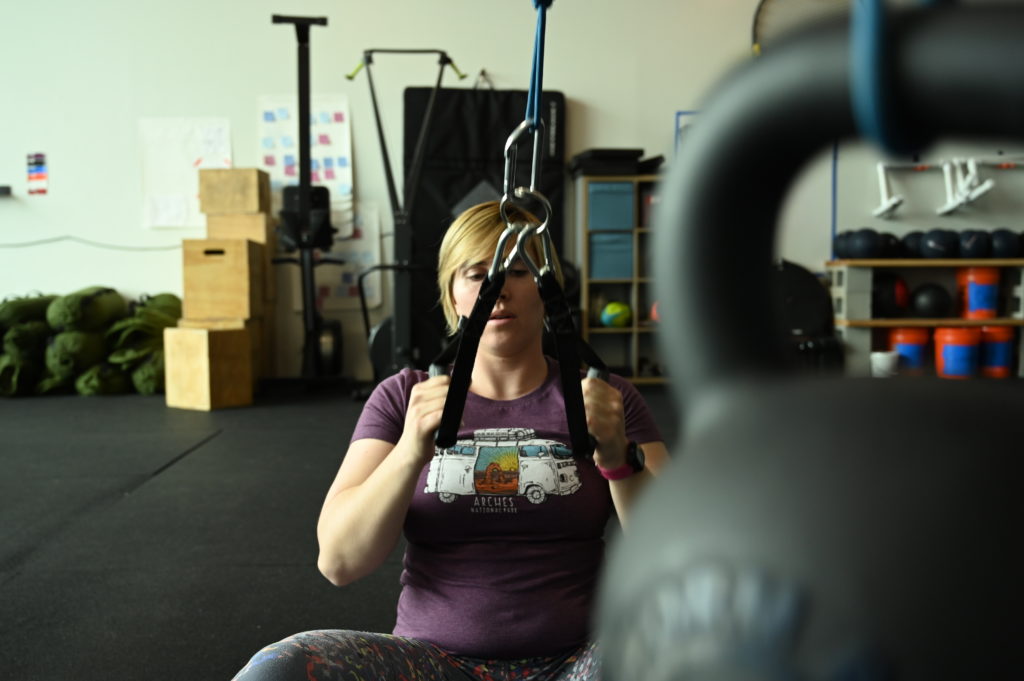You’ve decided that you want to get in shape. You want to lose the next 10 pounds. You’re finally going to tackle that pain in your knee or elbow or back that’s been nagging you for years. You’ve committed to a big ski trip next season, and you want to be sure you can keep up with your friends. So you decide to start looking around for a guide, a mentor, a personal trainer, a coach.
You know it’ll help to have someone on your side.
And you’re absolutely right. But how do you decide who to work with? What should you look for? What are the right questions to ask?
The first step is to reach out to several coaches or trainers. Send them emails, or text messages, or make some phone calls. Do they reply quickly? What’s the tone of their replies? Is this someone you’d be happy communicating with regularly? Sadly, lots of coaches and businesses don’t even pass this basic. In my opinion, a high-quality coach is interested in building relationships, and that starts with clear, open, and responsive communication.
The next step is to set up meetings or consultations with the coaches who have been responsive. Ideally, they’ll be able to work entirely with your schedule, but not always, and maybe that’s okay. A coach who’s busy is hopefully in-demand for a reason: because they’re providing an exceptional experience for their clients. So don’t let scheduling challenges be a barrier to at least having a conversation.
What to expect during a consultation
Of all the things that can happen during a consultation, there is one detail that matters most:
Does your potential coach listen to you?
It’s a common experience: we’re talking with someone, maybe a doctor, a personal trainer, or someone in customer service, and it seems like they’re never actually hearing what you’re saying? They’re thinking about their next patient, or their own ab definition, or the response they’ve been trained to give when someone complains.
Every coach will lead consultations in their own way, but they should be asking you about these things:
- What are your goals?
- What’s held you back from your goals in the past?
- What concerns do you have? Logistical, injuries, limitations?
- What’s your “why?” What’s at the root of your goals?
And beyond asking you these questions, they need to truly hear your replies, and they need to treat your replies like they matter more than anything else.
Next, it’s your turn to ask some questions; here are a few suggestions:
- What will it look like as we work towards my goals?
- How will you work around my concerns, injuries, and limitations?
- How will we communicate? If I send you a text or email, how soon can I expect a reply?
- What’s your “why?” Put this question back on your potential coach. Why do they do the work they do? What drives them? And what are their personal goals? Their goals don’t need to align with yours, but they should be inspiring to you as well.
Make the best investment you can.
When you’re done with your consultation, consider everything you experienced. Can this person listen to you, and do they keep your concerns and goals in focus? Do you appreciate how they communicate? Have they shown that they can help you move towards your goals with a rough plan?
If you answer yes to these questions, my best advice is to do it. Coaches who meet all those criteria are often hard to come by. And yes, you’ll pay for quality. That is the cost of having someone in your corner, and you’re paying for more than the hour sessions you’ll spend with them; you’re paying to have that person on your side and available for whatever you need.
Last thought: this isn’t just about working with the coaches at Wasatch Fitness Academy. We’re not for everyone: some people need a more budget-friendly option, and some people want every workout to push them to the brink and beyond. Still, we’d love to be on your list, so hit us up if you’d like to talk.

